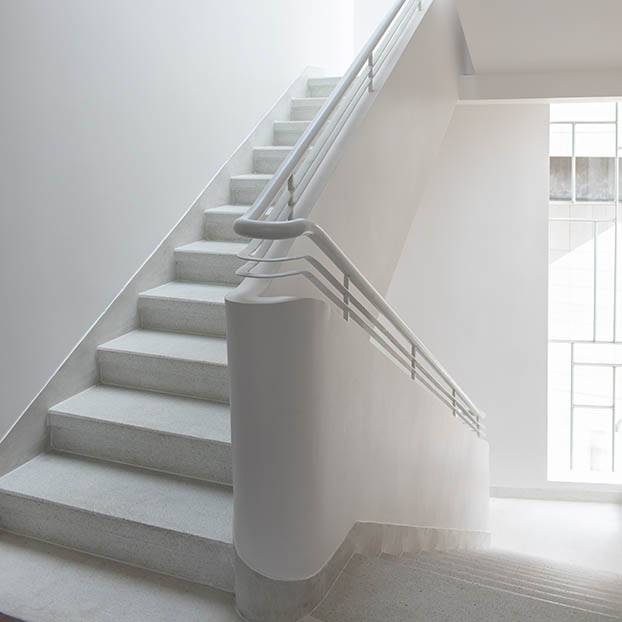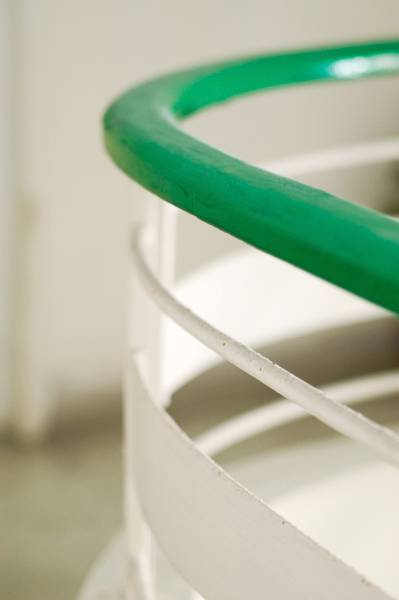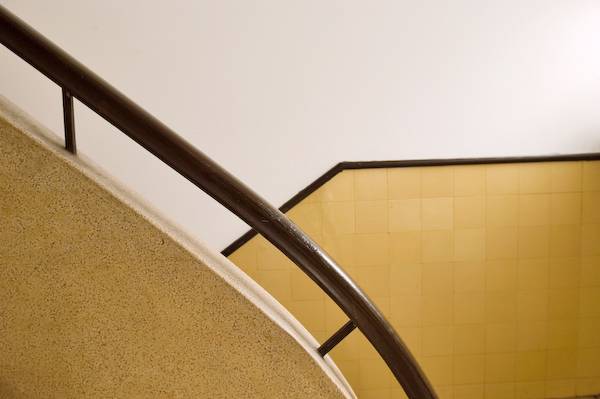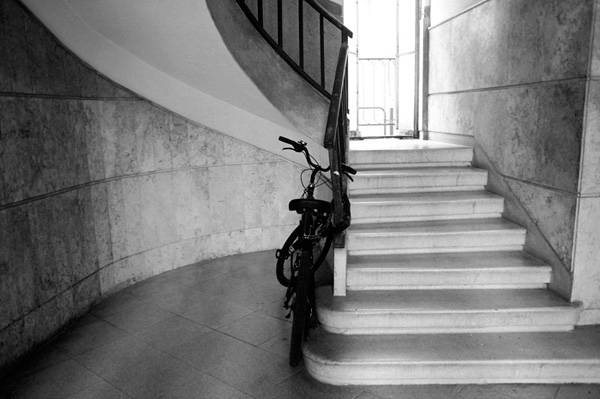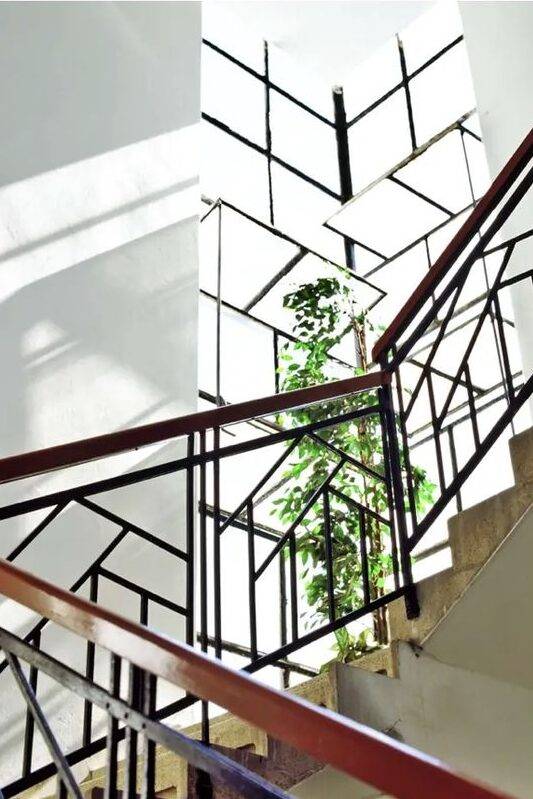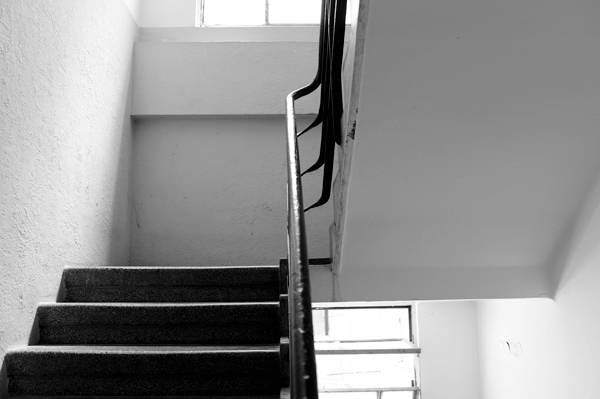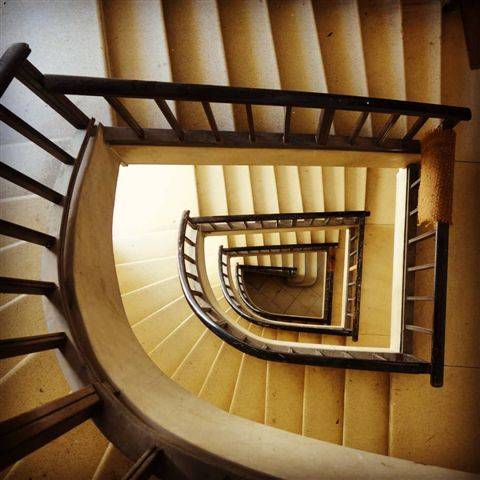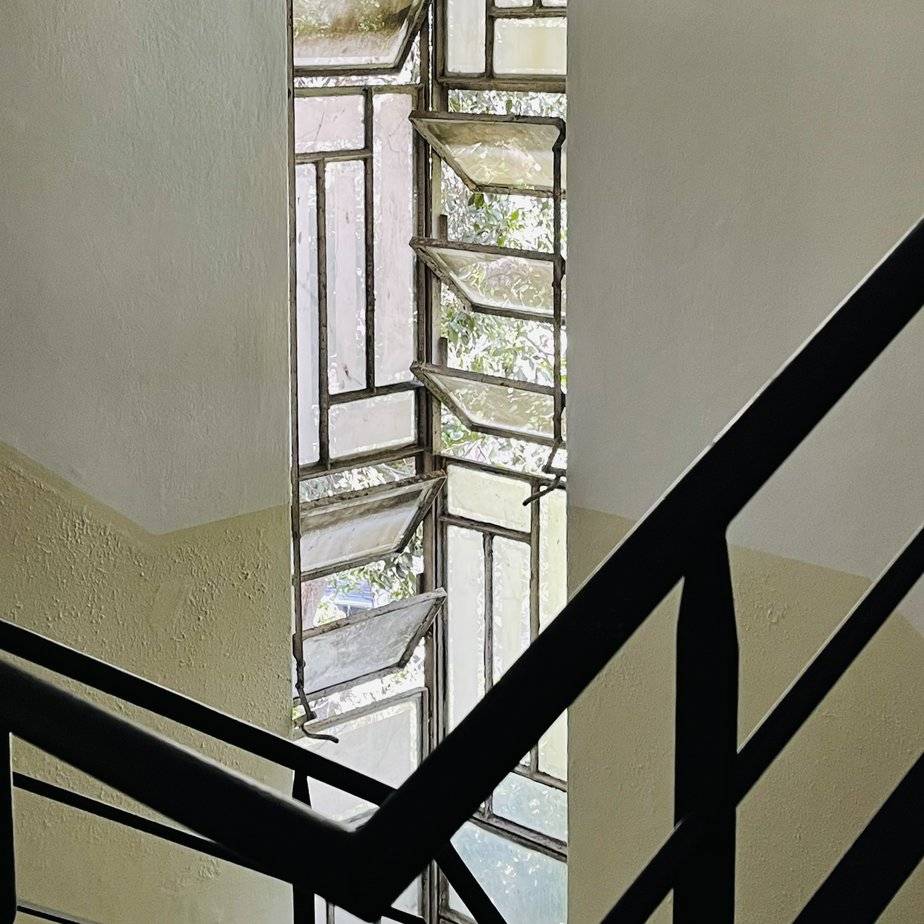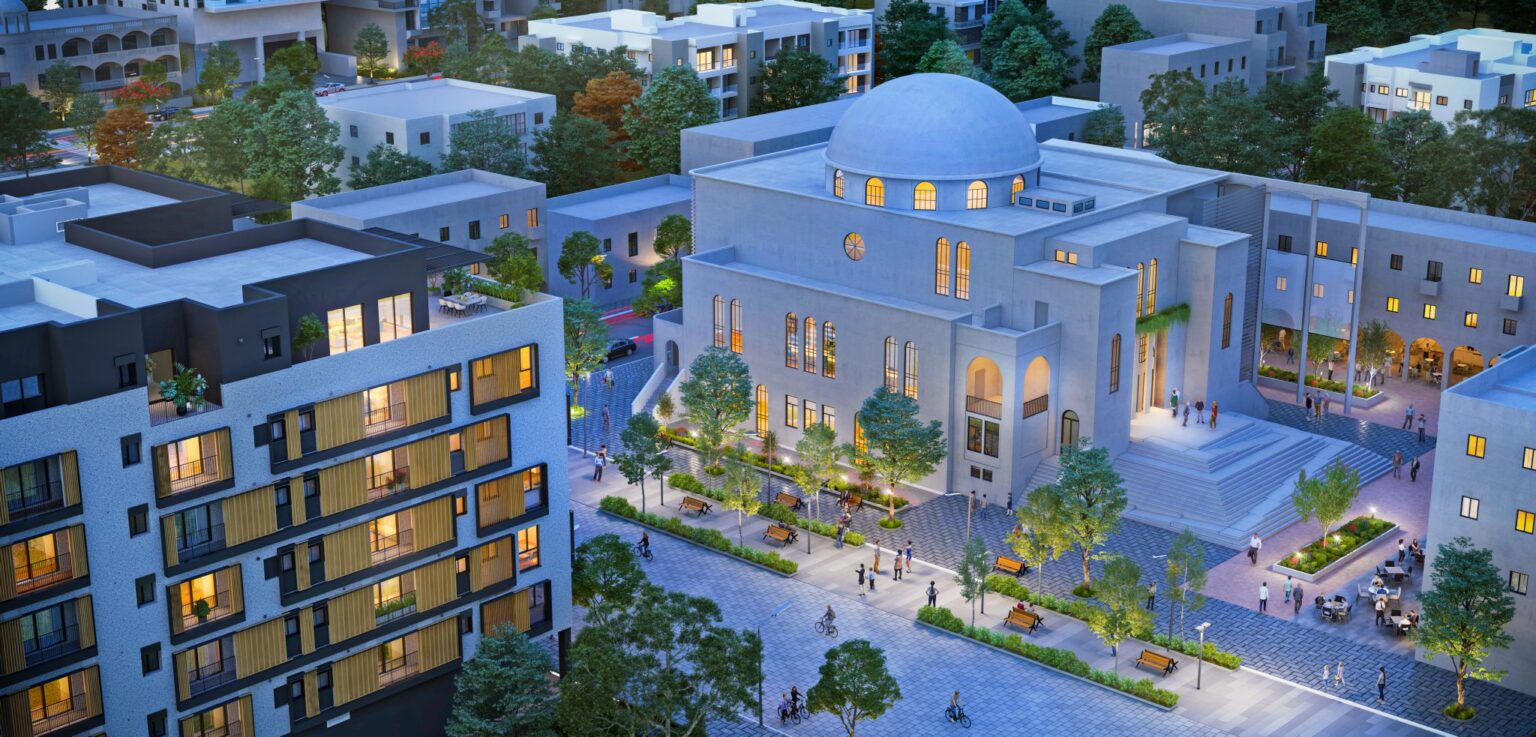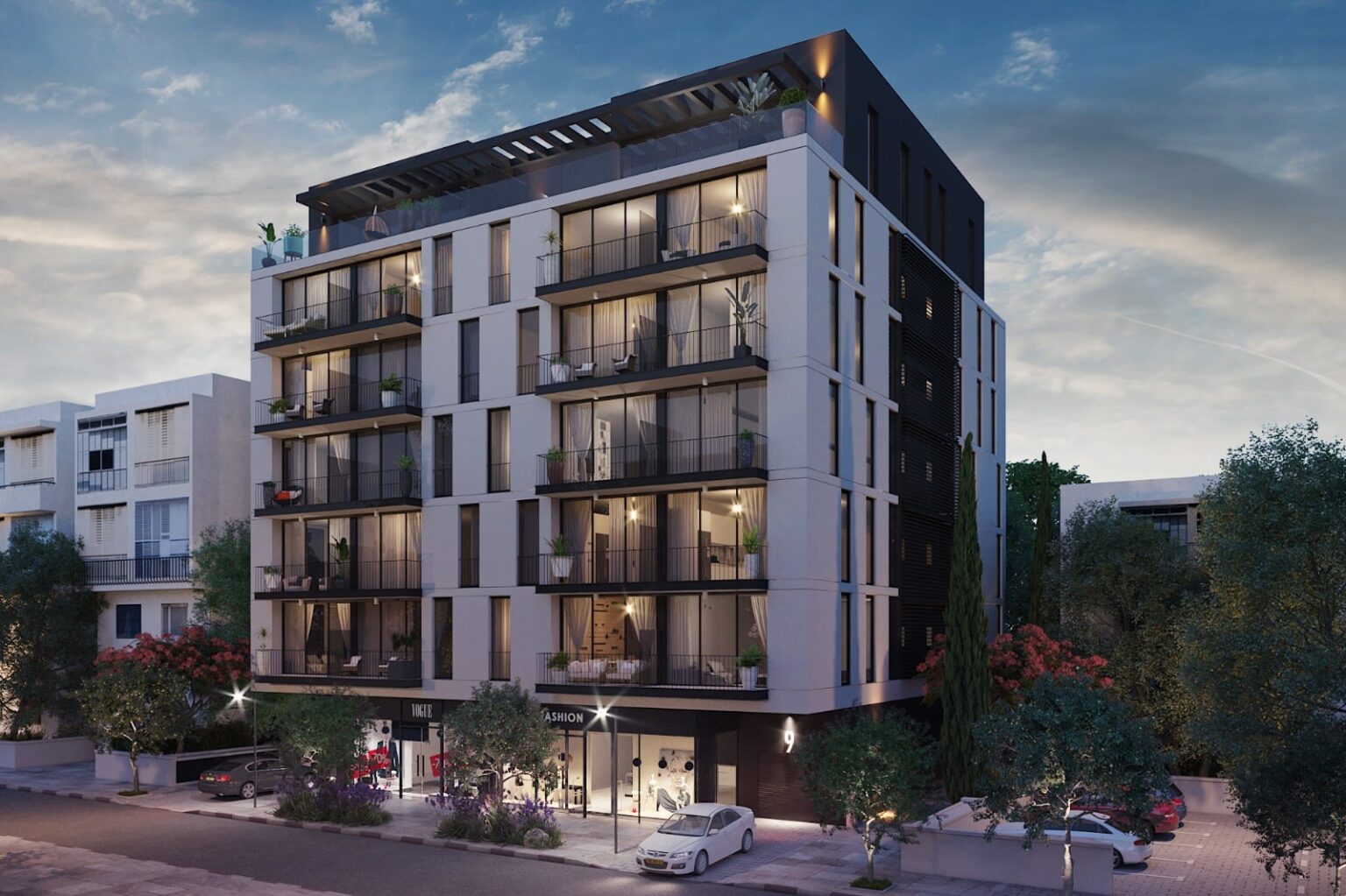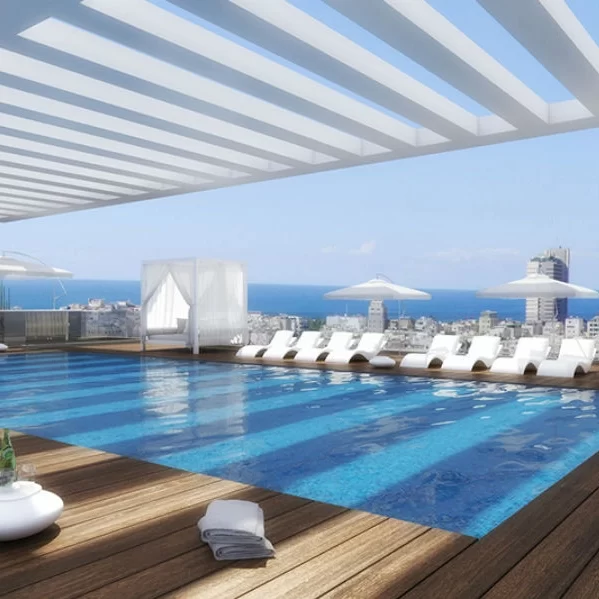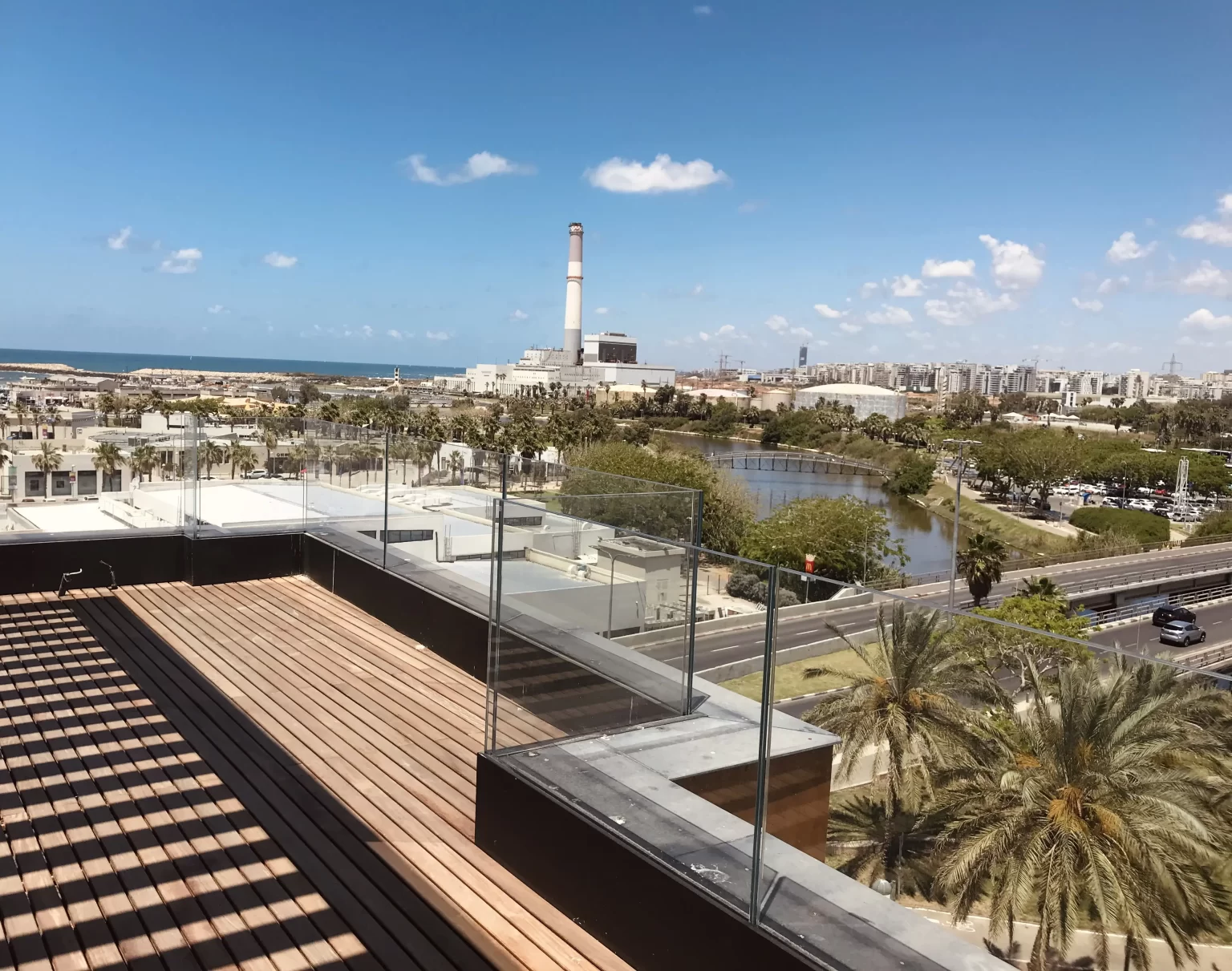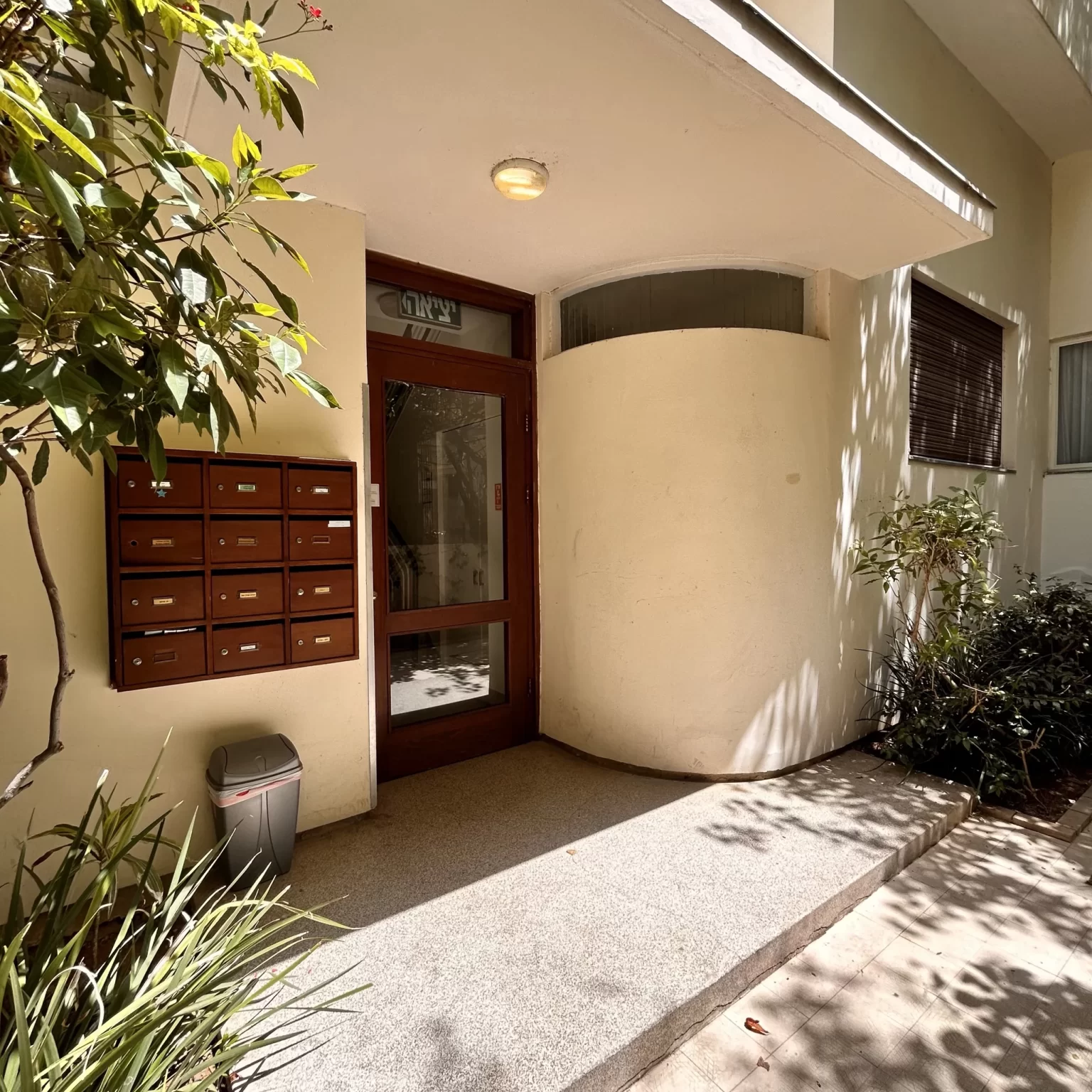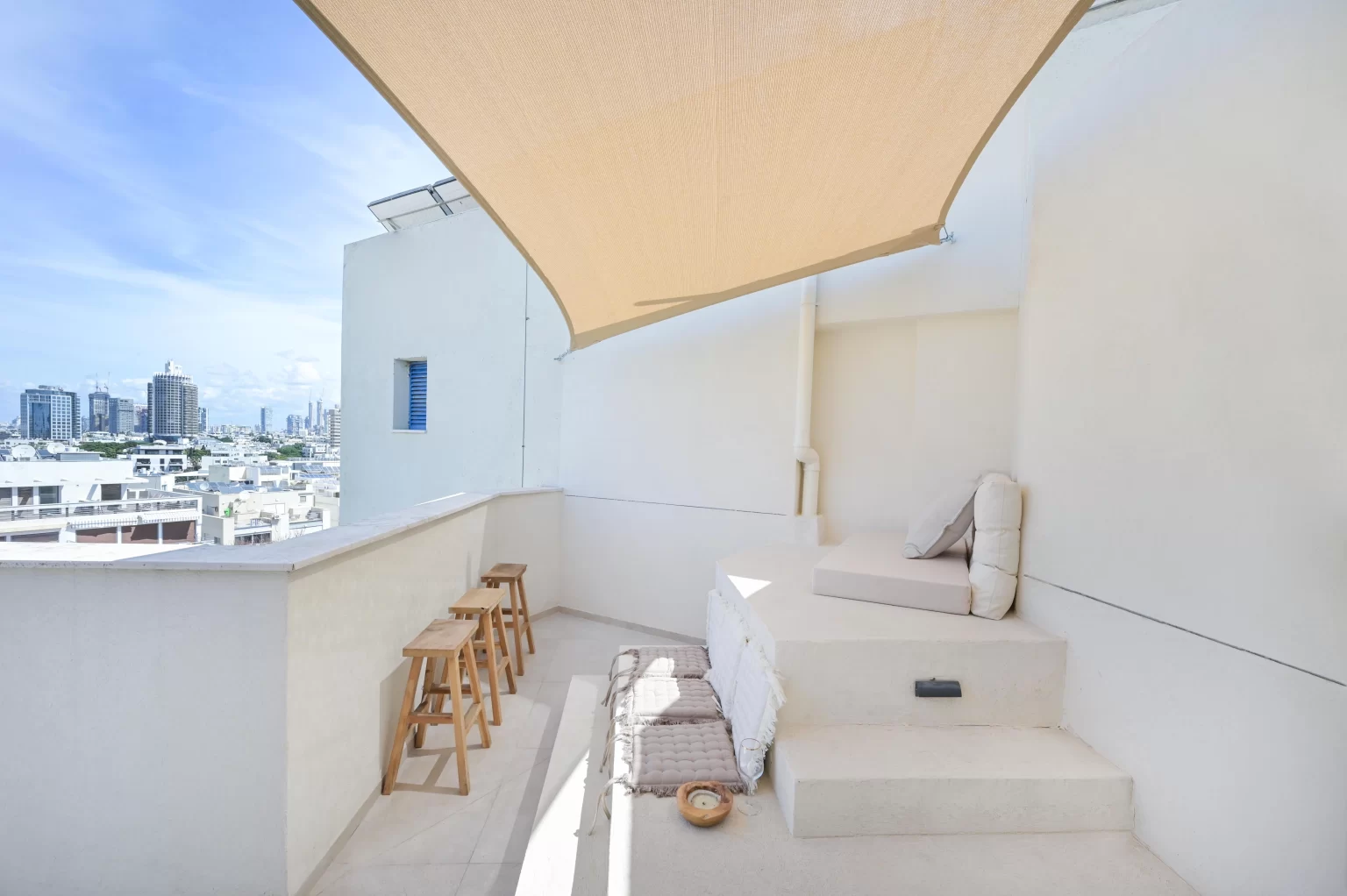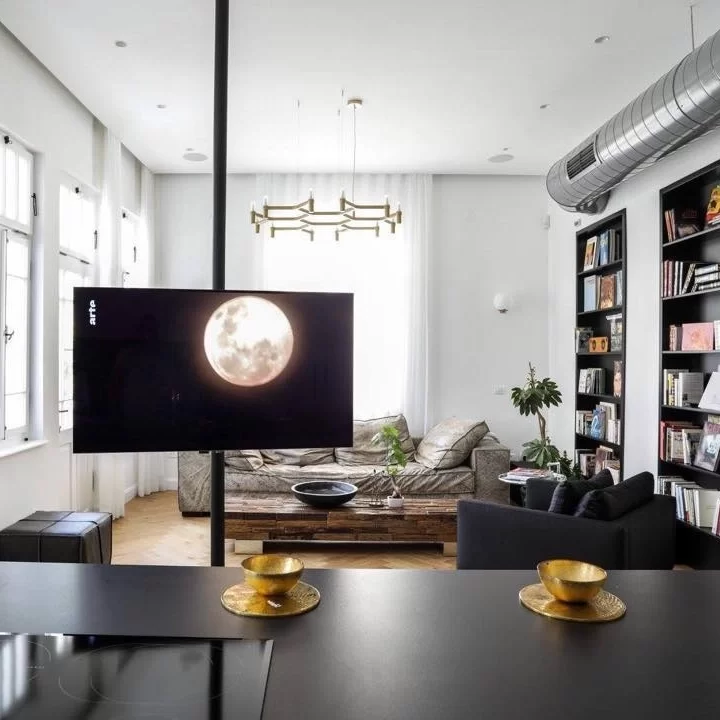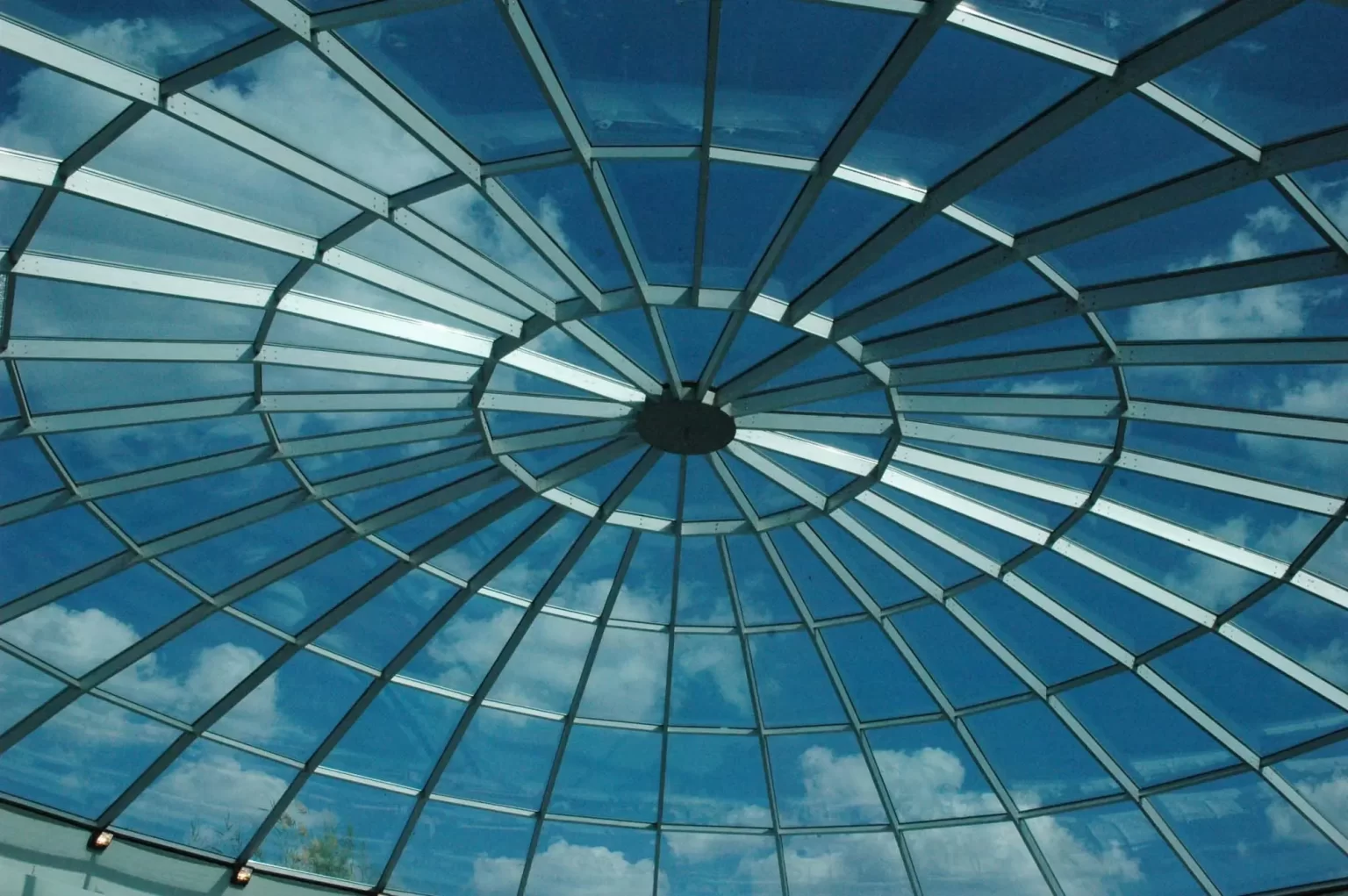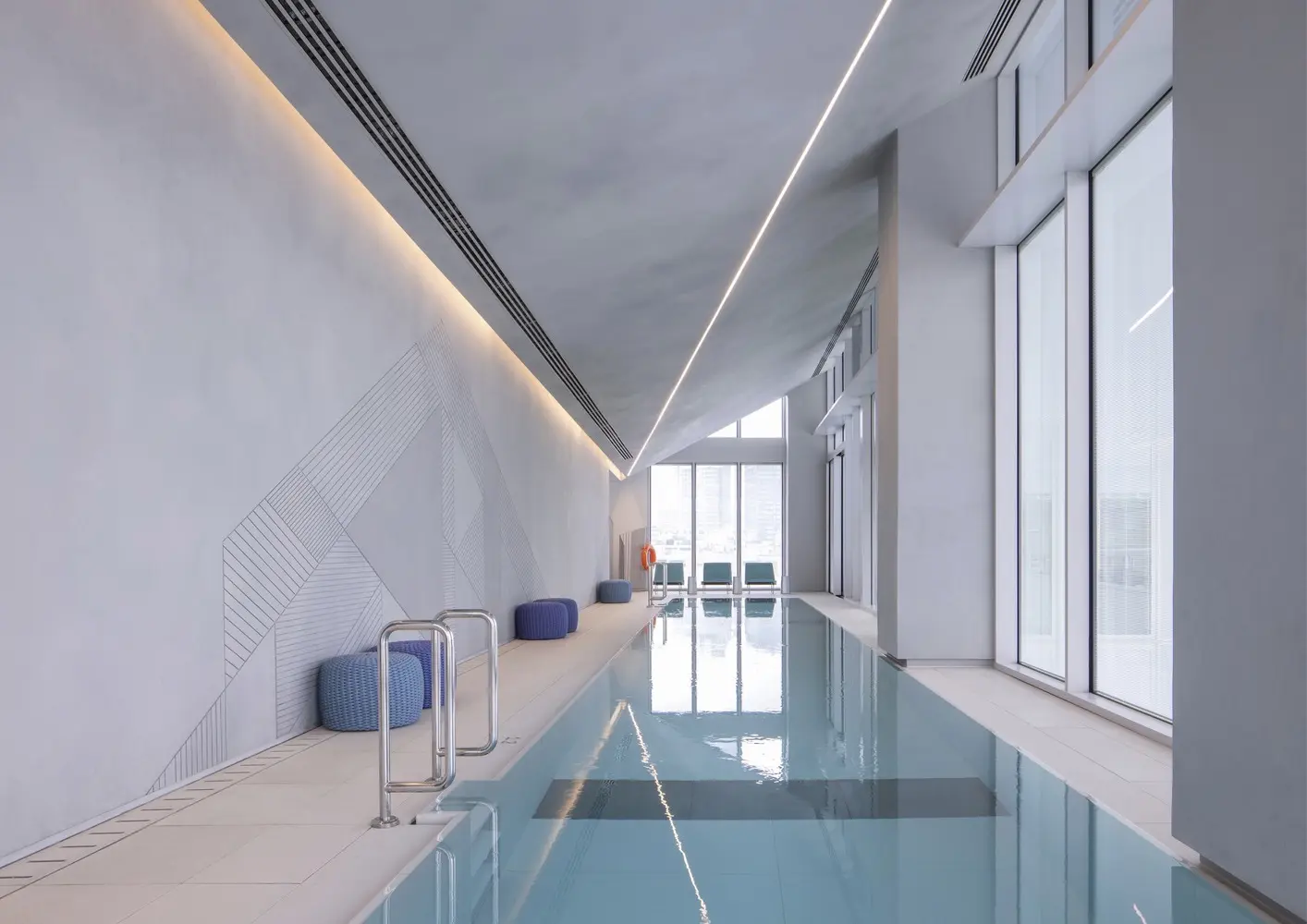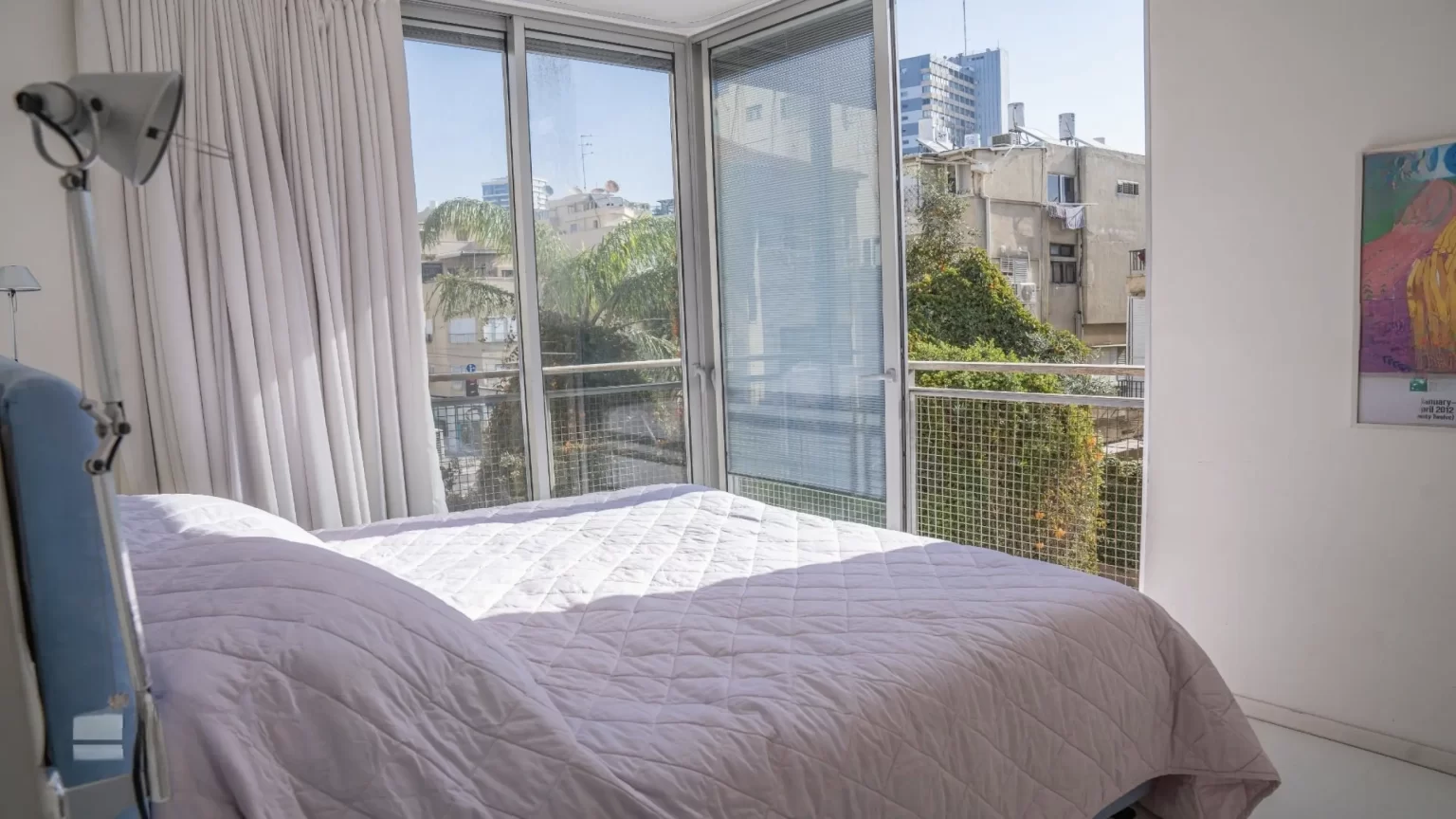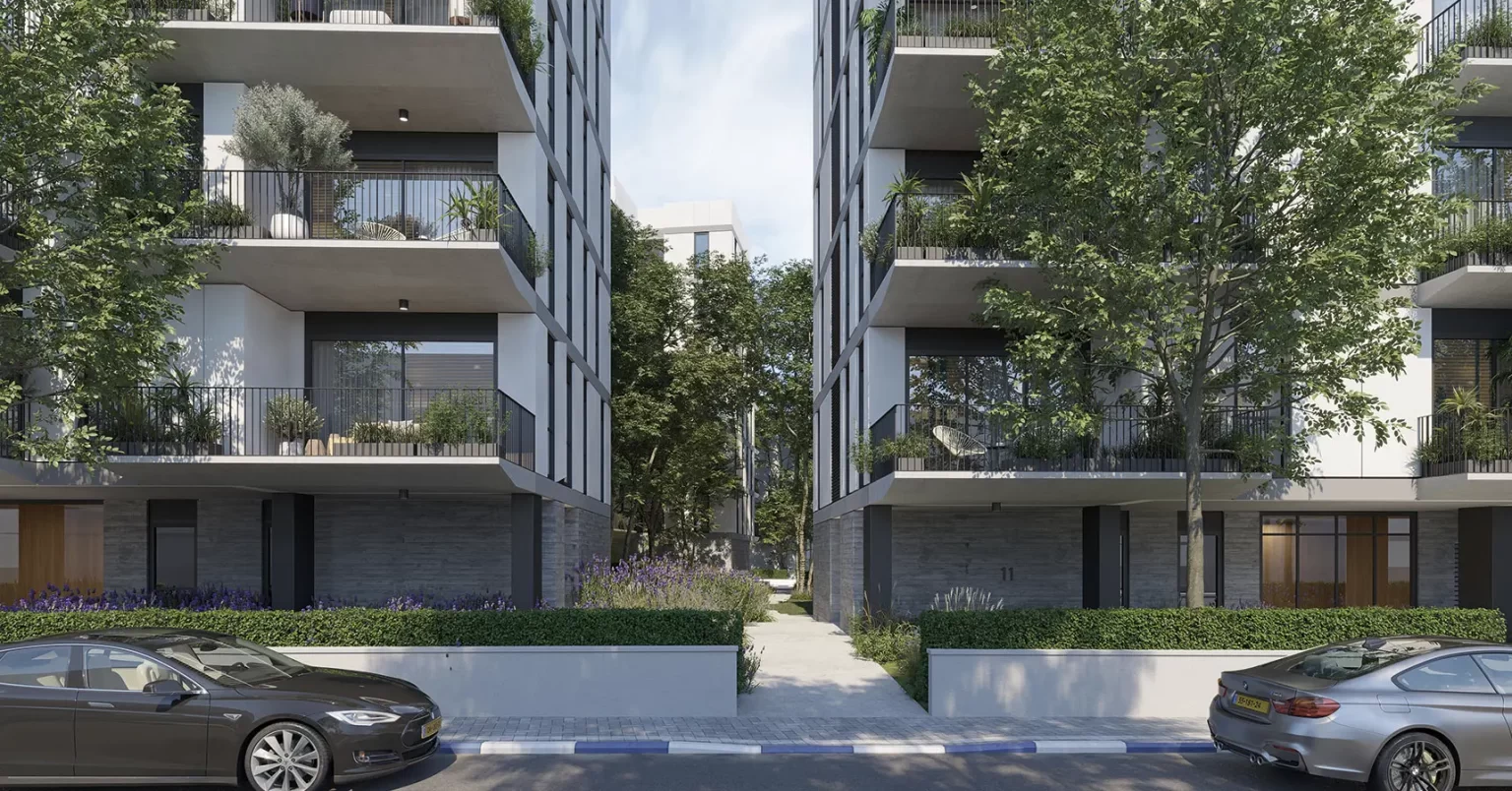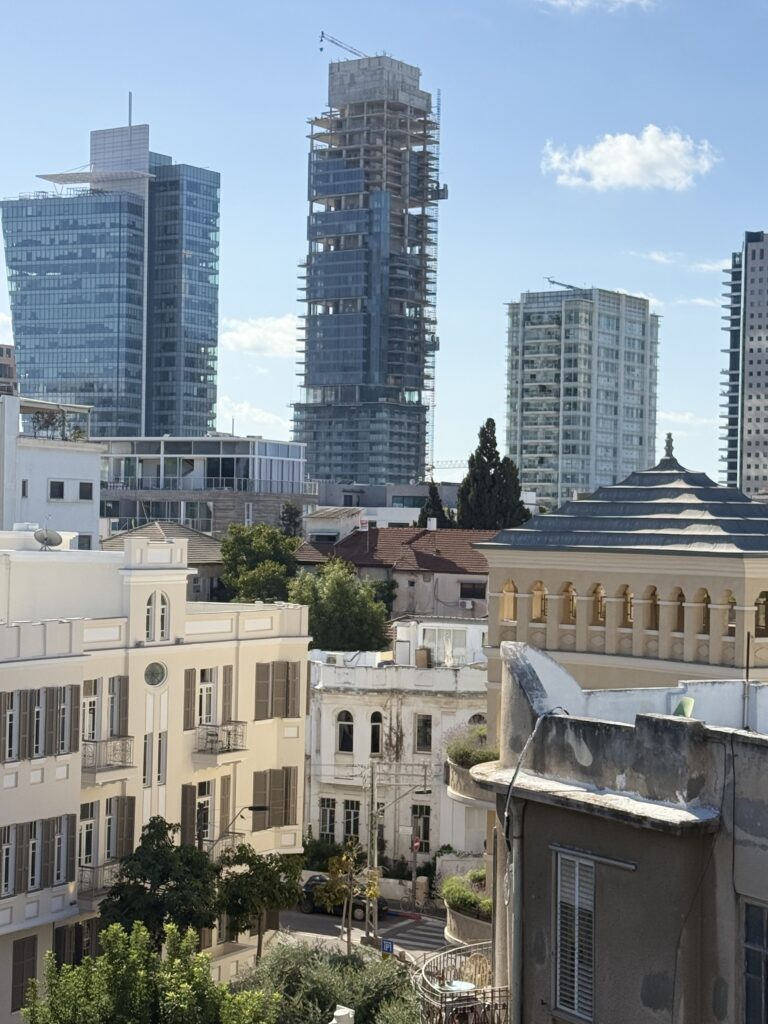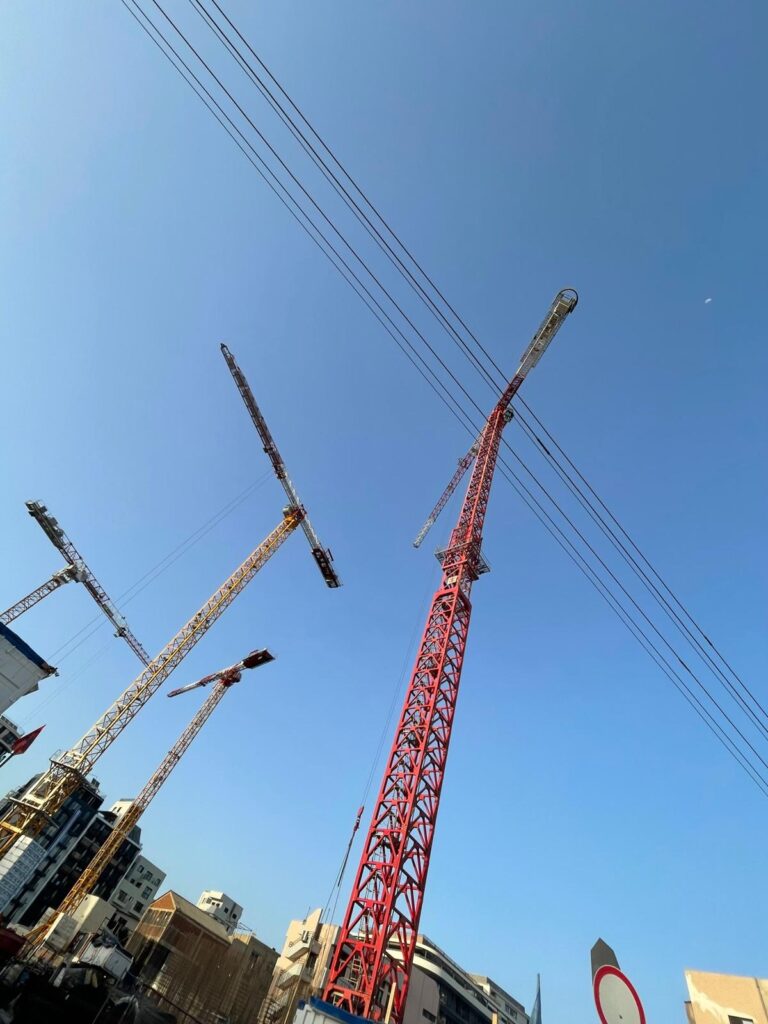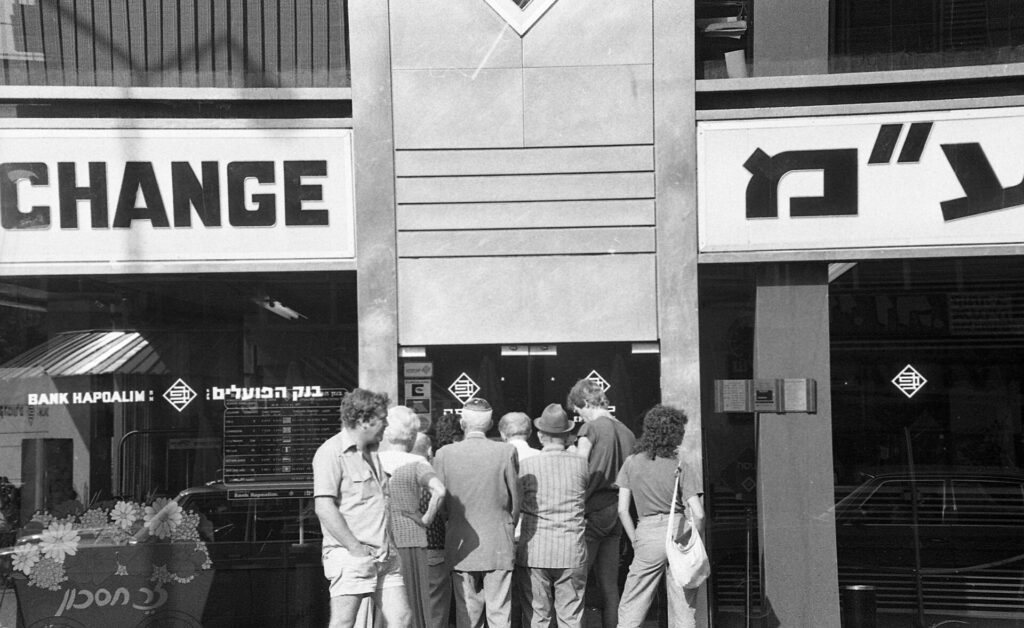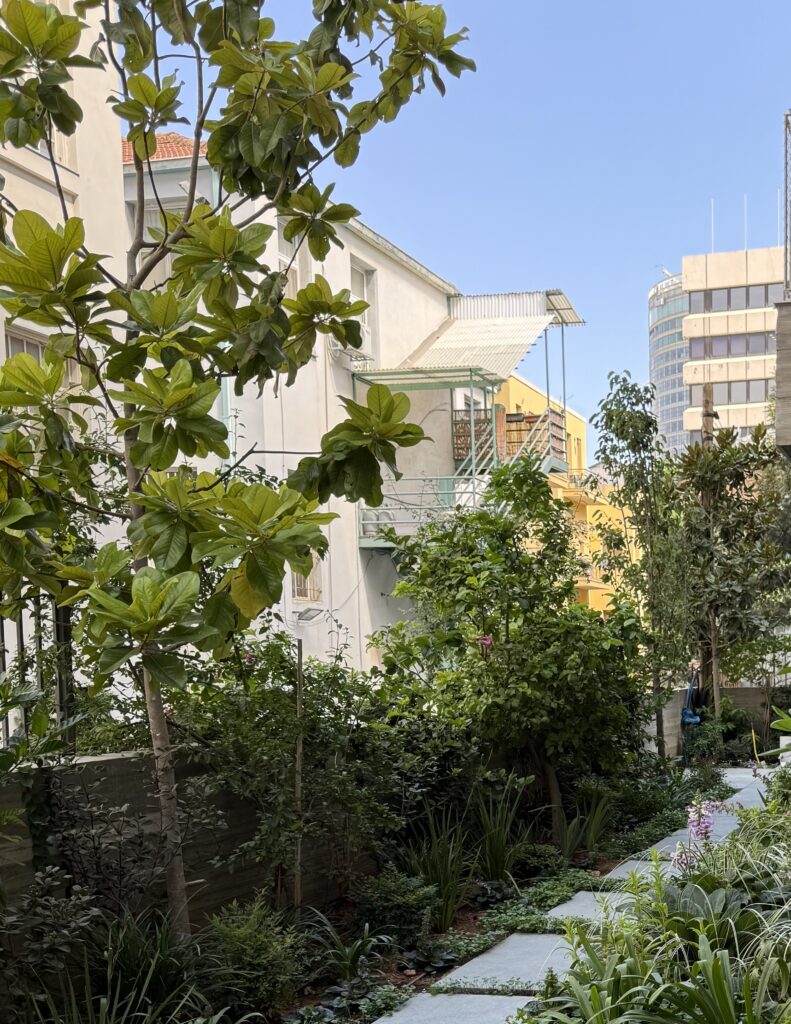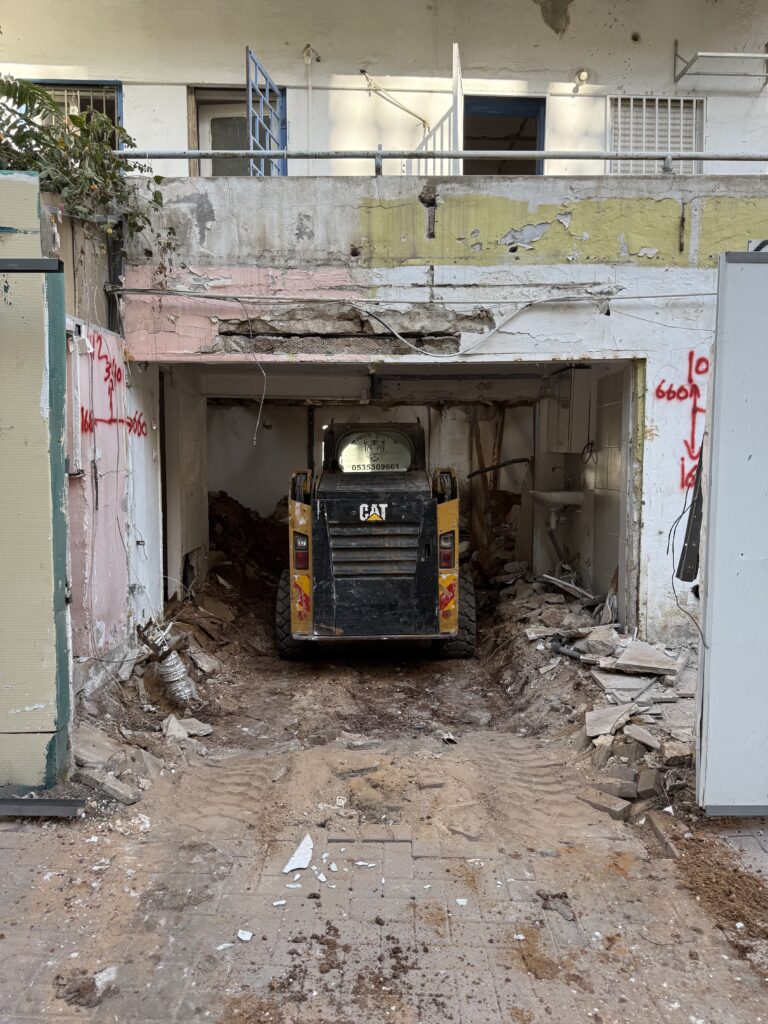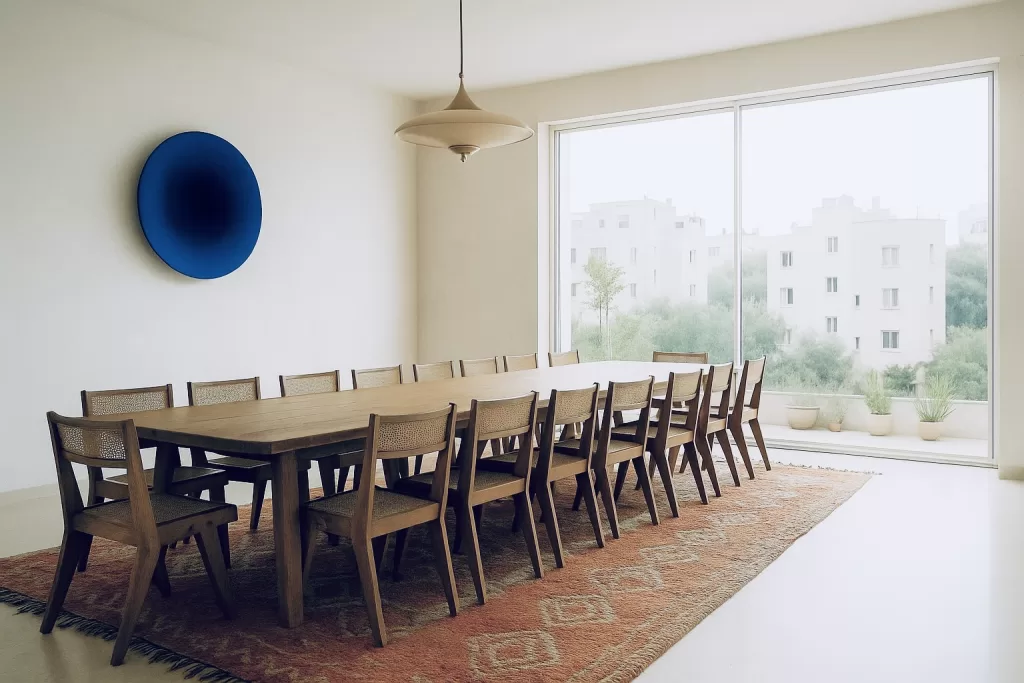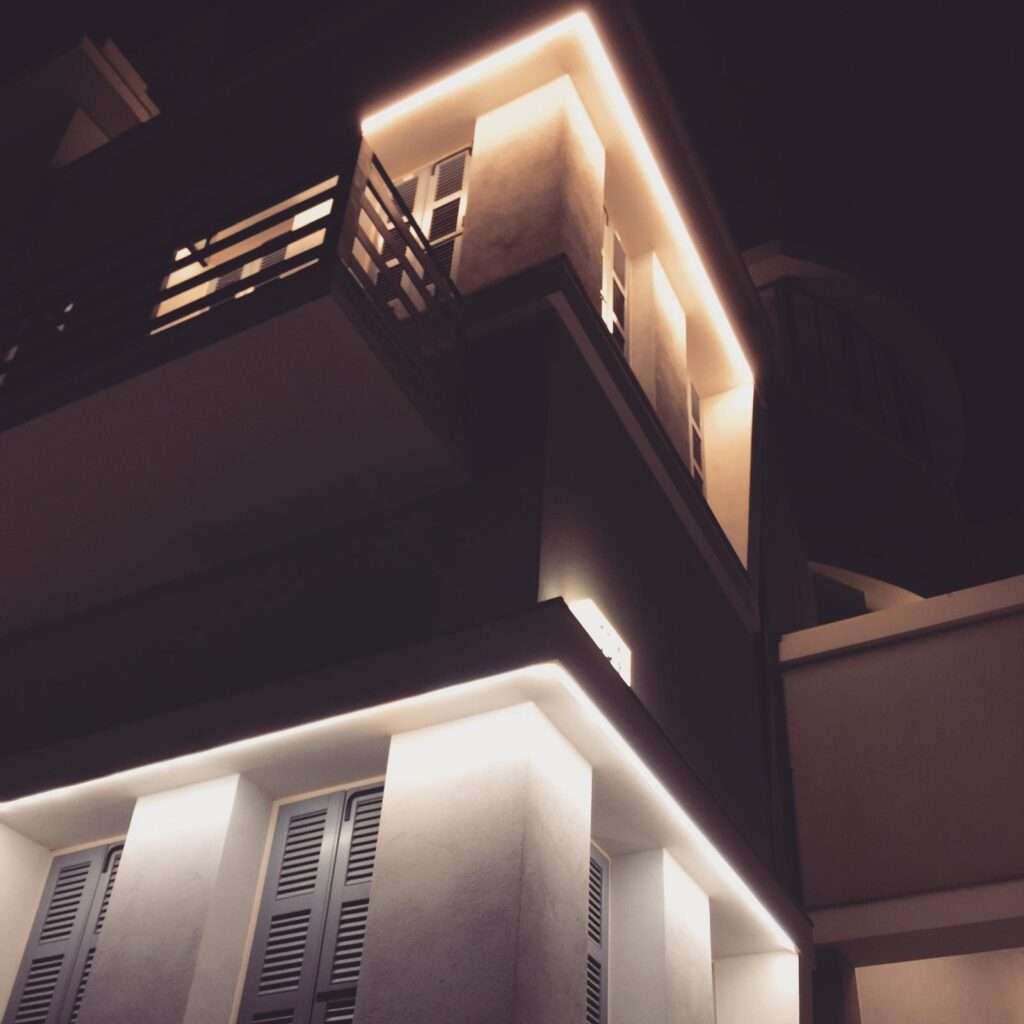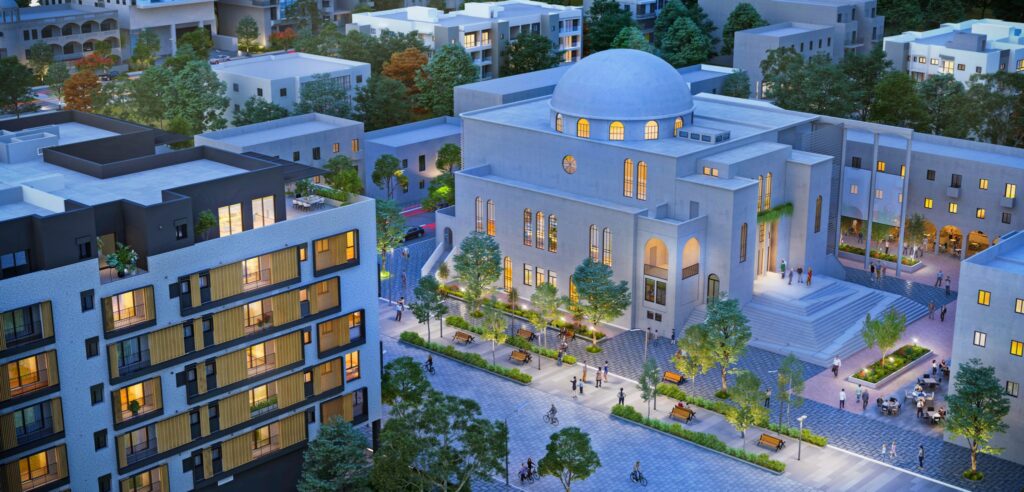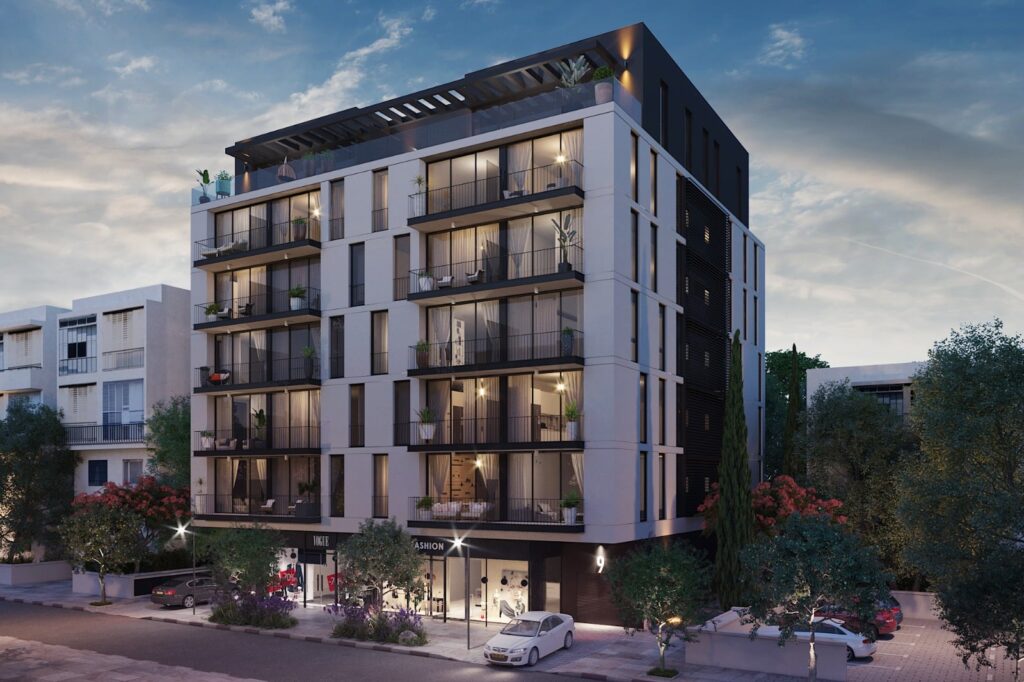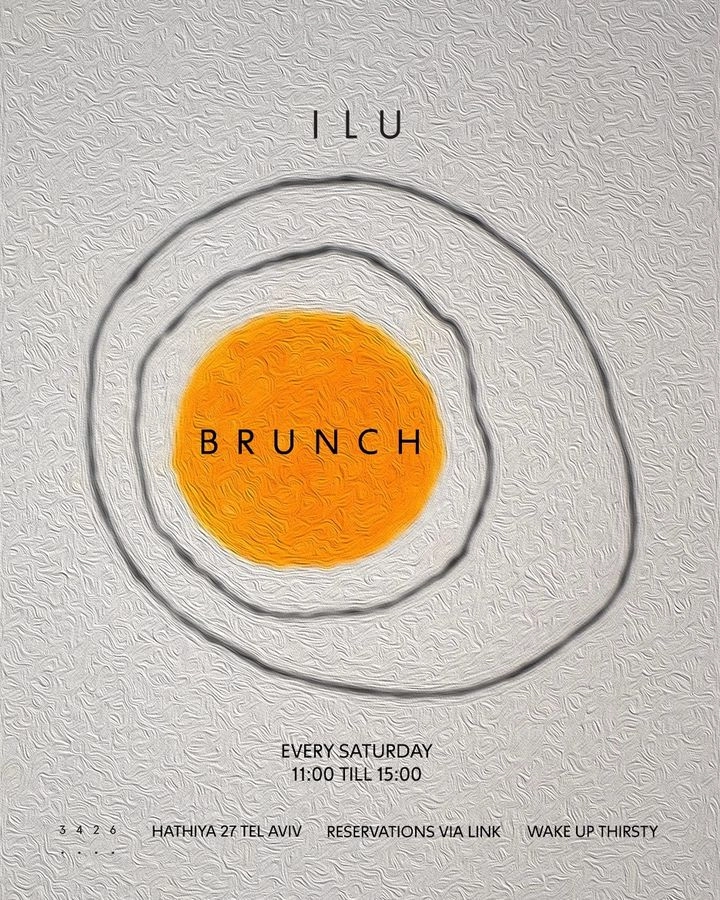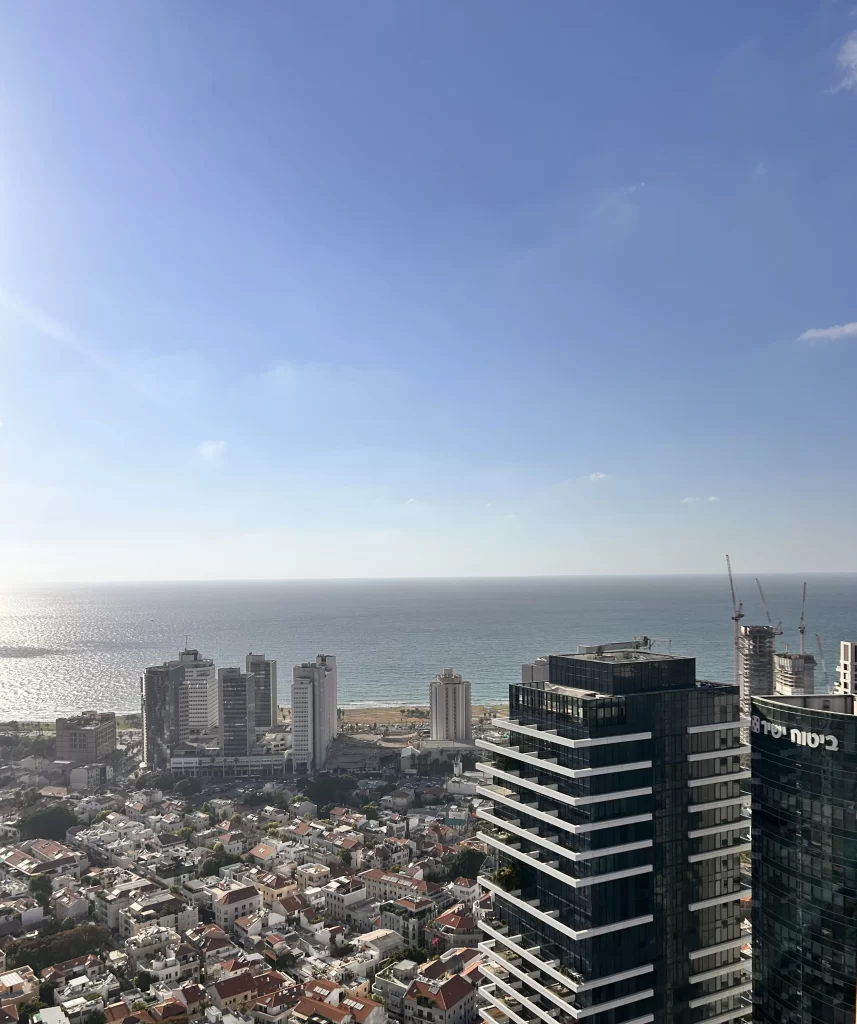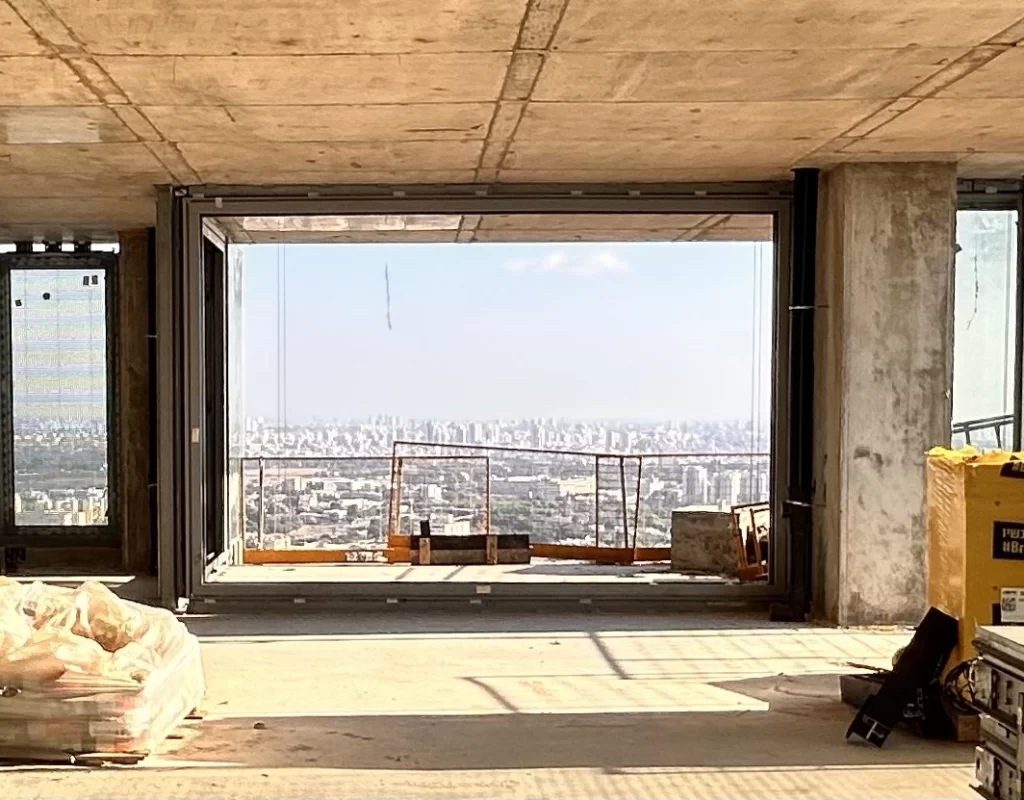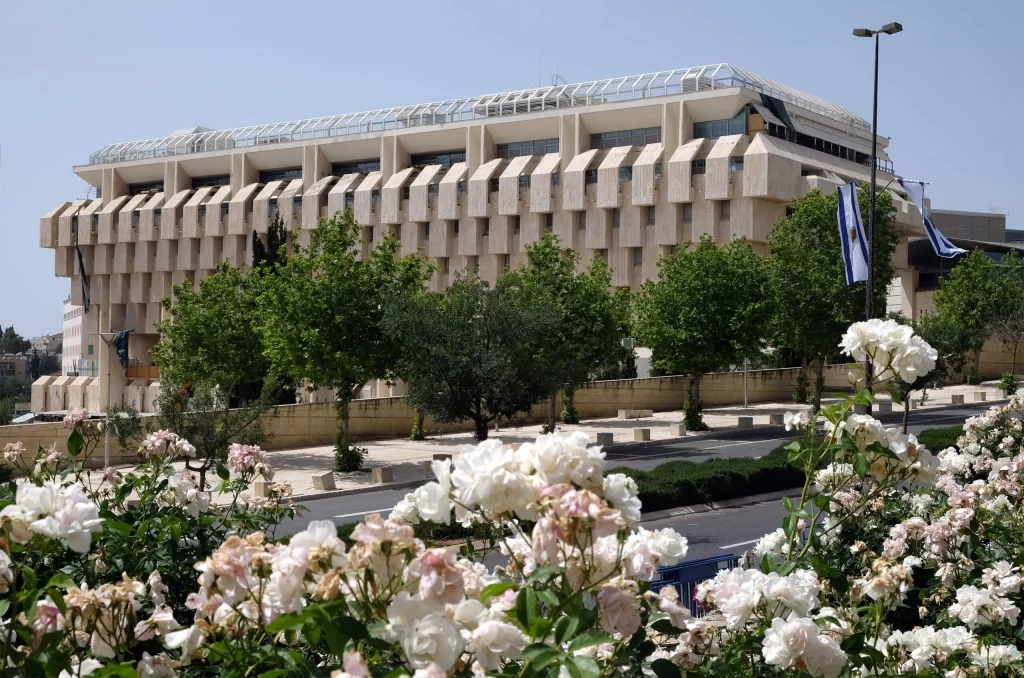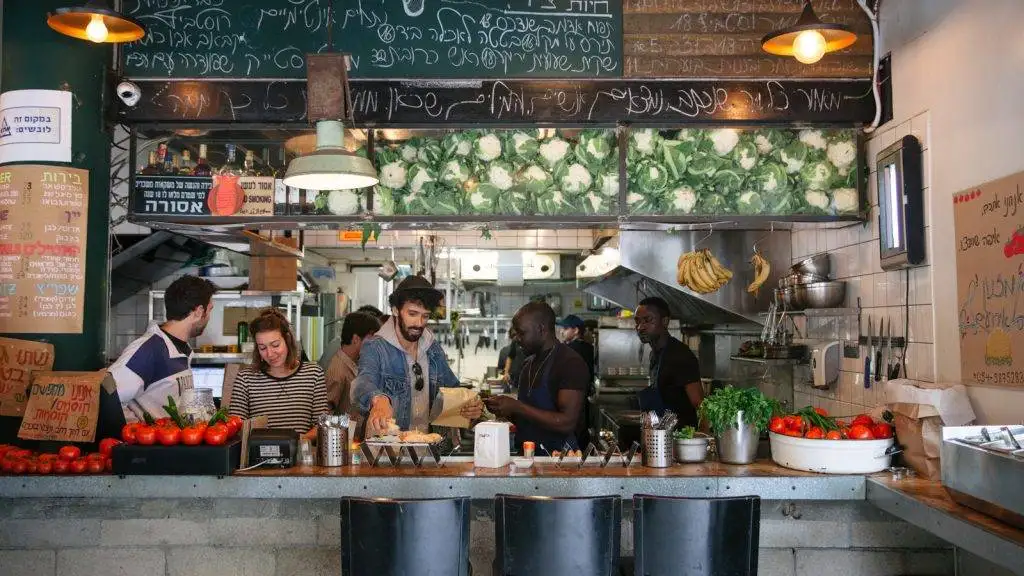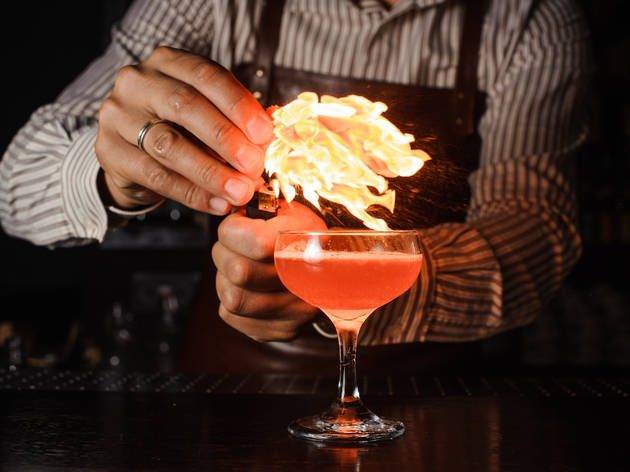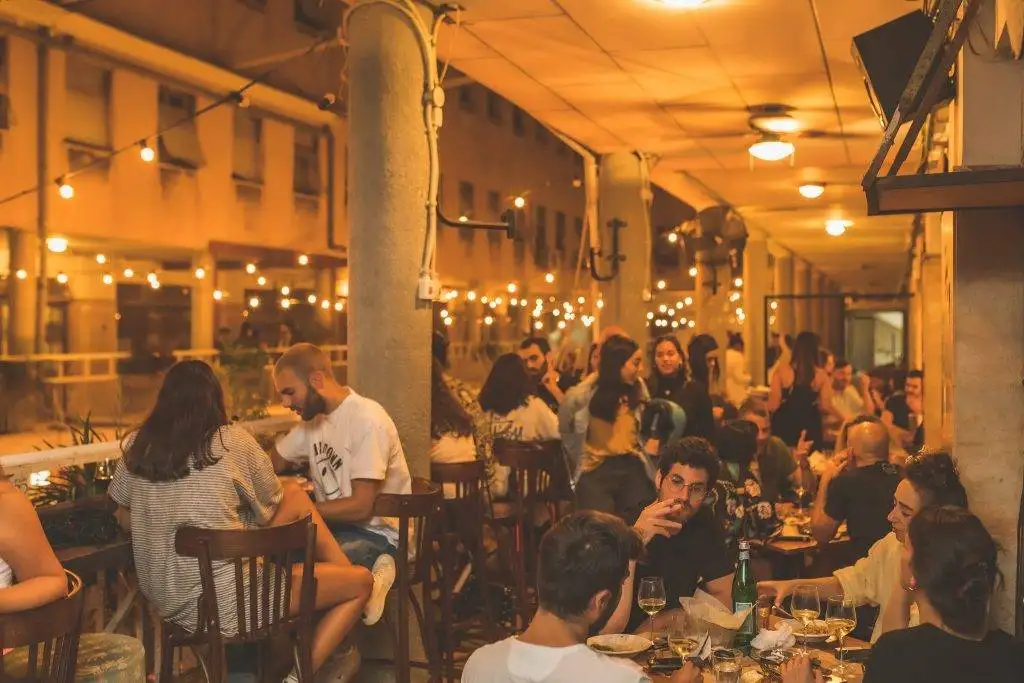Bauhaus Hidden Treasures: Tel Aviv’s Most Beautiful Stairwells
Tel Aviv Bauhaus Staircases
Tel Aviv Bauhaus Staircases
Tel Aviv Bauhaus Staircases
Stairwells are the core of any structure and the students at the Bauhaus School in Dessau were taught that all the elements of building should reflect the founding principles of the institutions. Those principles were applied to everything, whether a chair, a tea pot or a building. Great care was taken when designing the staircases as they constitute a natural buffer, or a transition rather between the outside world and the homes.
Tel Aviv Bauhaus Staircases
Tel Aviv Bauhaus Staircases
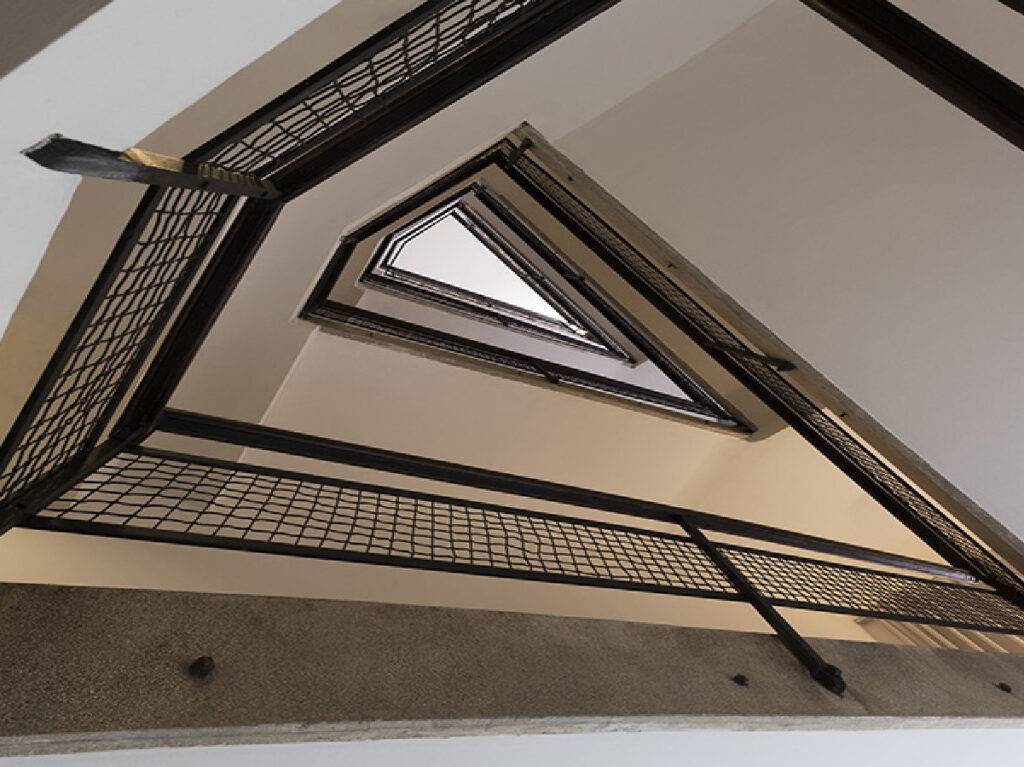
«No border between art and craft.»
The carpentry of the balustrade, the ironwork of the stair railing, the intricate elliptical walls were all opportunities to showcase the craftsmanship of the people involved in the building. In a pamphlet for an April 1919 exhibition, Gropius stated that his goal was «to create a new guild of craftsmen, without the class distinctions which raise an arrogant barrier between craftsman and artist». It is said in the manifesto, that «architects, sculptors, painters, we must all turn to the crafts!».
«Form follows function».
Tel Aviv Bauhaus Staircases
According to this idea, simple but elegant geometric shapes were designed based on the intended function or purpose of a building or an object. The staircase is probably the one feature with simplest yet vital function. That needn’t have to be boring and the Bauhaus students added new dimensions to the staircases primary role. Some may even say they brought in a spiritual element to their designs in order to elevate the visitor. Spirituality, by the way, was an integral part of the school and permeated through all the designs.
Vassily Kandinsky, for example, who joined the Bauhaus in the summer of 1922, was committed to transcendentalist theories espoused by Austrian philosopher Rudolf Steiner and proponents of the anthroposophist movement. Through non figurative compositions Kandinsky attempted to formulate objective laws for the expression of subjective experiences, and he saw the school as a vehicle for the development of his spiritually.
«Color Theory»
Tel Aviv Bauhaus Architecture
The Preliminary Course at the Bauhaus introduced all first-year students to what were considered the fundamental principles of color, form, and material. Through lectures, demonstrations, and exercises, they were to develop familiarity with the “basic elements” of art and design, including points, lines, and planes; triangles, squares, and circles; and the primary colors. Teachers aimed to promote a shared foundation of aesthetic knowledge among the student body through these investigations.
The Bauhaus masters—each armed with his or her particular theories and interests—spearheaded the first-year studies. Johannes Itten initiated the Preliminary Course in the fall of 1920; László Moholy-Nagy and Josef Albers took over beginning in 1923. Albers led it alone after 1928.
These courses were supplemented by specialized theoretical seminars taught by key Bauhaus faculty, including Gertrud Grunow, Vassily Kandinsky, Paul Klee, Oskar Schlemmer, and Joost Schmidt. The masters agreed that a firm grounding in the principles of form and color was crucial to the development of a new generation of artists. These fundamentals remained at the core of Bauhaus education until the closure of the school in 1933.
Stairwells are the core of any structure and the students at the Bauhaus School in Dessau were taught that all the elements of building should reflect the founding principles of the institutions. Those principles were applied to everything, whether a chair, a tea pot or a building. Great care was taken when designing the staircases as they constitute a natural buffer, or a transition rather between the outside world and the homes.
Tel Aviv is full of those gems. Next time you stroll around Rothschild Boulevard in Lev Ha’Ir, just take a quick peek into some the staircases of Bauhaus buildings. The more run down, the better as they are more likely to have retained some of the original features.

